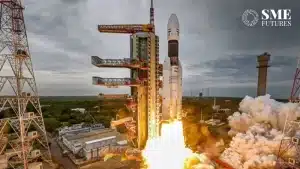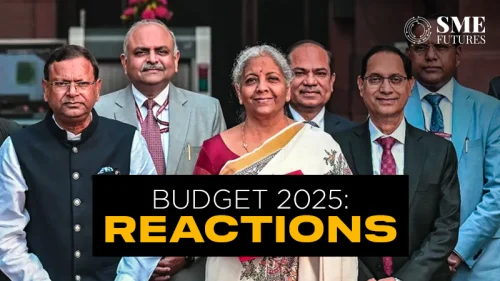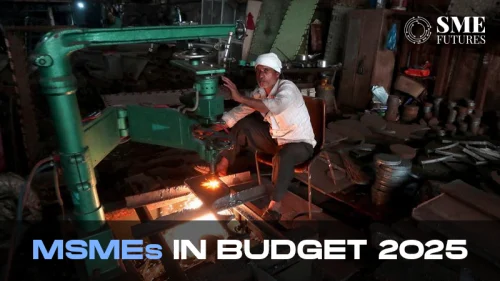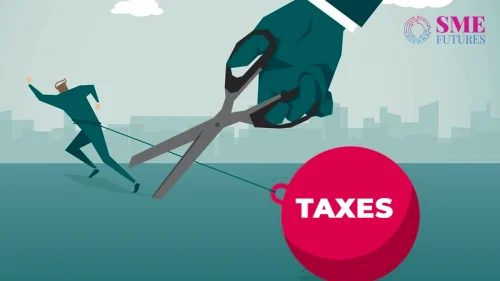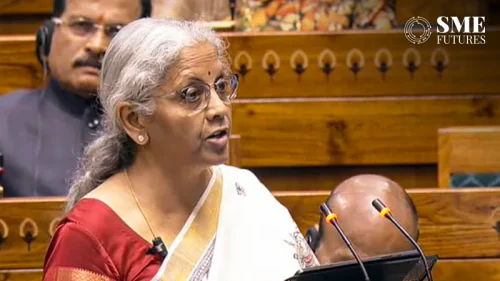Energy, metals and agriculture prices have all tumbled from their March peak on inflationary recession fears amid a slew of economic warning signs, but a commodity bust is far from inevitable, S&P Global Commodity Insights said in a report.
The commodity market boom is over, the report said. Since early 2020, more and more analysts have been championing the idea of a new commodity supercycle, with an economic recovery turbo-charged by low interest and pandemic-led fiscal stimulus measures, and as investment into decarbonisation projects accelerated to meet net-zero targets.
Global manufacturing is creaking, with the July PMI data, a leading barometer of economic health, at its lowest in two years. The US Federal Reserve has raised interest rates by 75 basis points for the second month in a row in a bid to thwart runaway inflation at over 9 per cent in June. And it’s a similar pattern of inflation risks and monetary tightening seen across Europe.
Also Read: Explainer: Factors leading to rise in inflation in India
S&P Global Platts Analytics sees global GDP growth below 3 per cent in 2022 and “the balance of risks is clearly on the downside with recession probabilities rising” amid “very concerning” inflation trends, after 2021’s booming GDP growth of 6 per cent, Paul Hickin, Associate editorial director, S&P Global Commodity Insights said.
Oil and agriculture prices have also come off March highs, with the key Dated Brent crude benchmark and the Russian wheat price falling by close to 20 per cent. Energy and agriculture have not fallen at the same rate as metals given tighter supply balances, with Russia a crucial energy and crops supplier, amid uncertainties that these crucial commodities will continue to be exported at the same rate.
The key debate is how high prices are leading to demand destruction amid fears of an inflationary recession and how much commodities are trading off their own fundamentals and still tight supply and demand balances. If oil and wheat stay high despite the economic weakness, even more damage could be inflicted on the global economy and, ultimately, commodity demand, pointing to the urgency of OPEC+ to bring on extra barrels and the US to keep strategic petroleum reserves flowing, the report said.
Also Read: India is a bright spot in the global economic arena: WEF
Dated Brent remains in triple digits after peaking at close to $140/b in March and well above the $80/b at the start of 2022, while Russian wheat 12.5 per cent FOB Black Sea is also still comfortably above levels seen at the start of the year.



